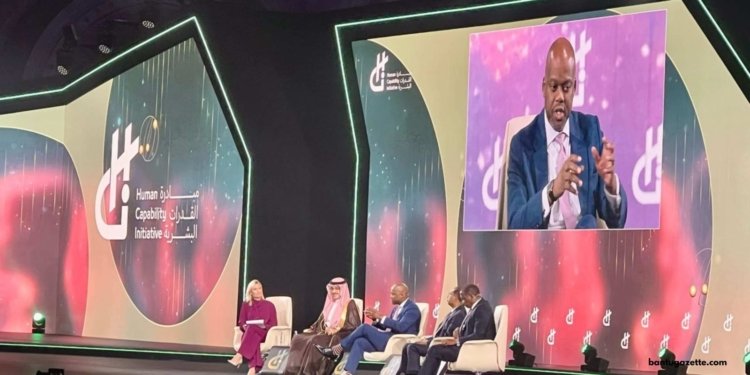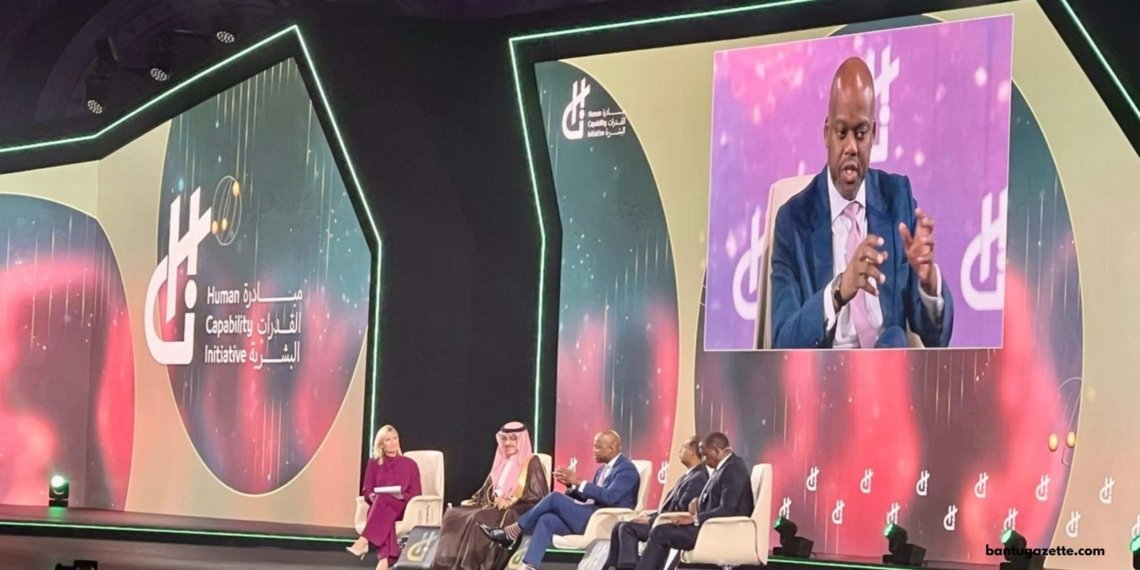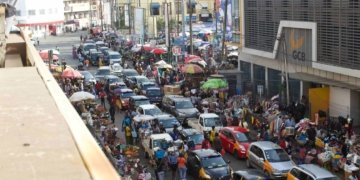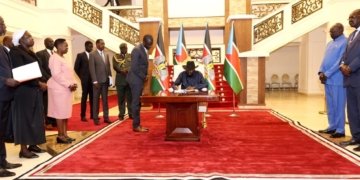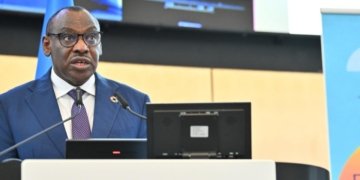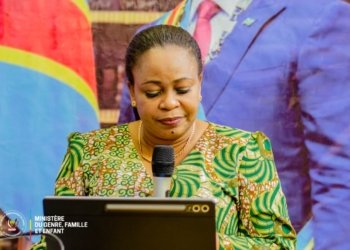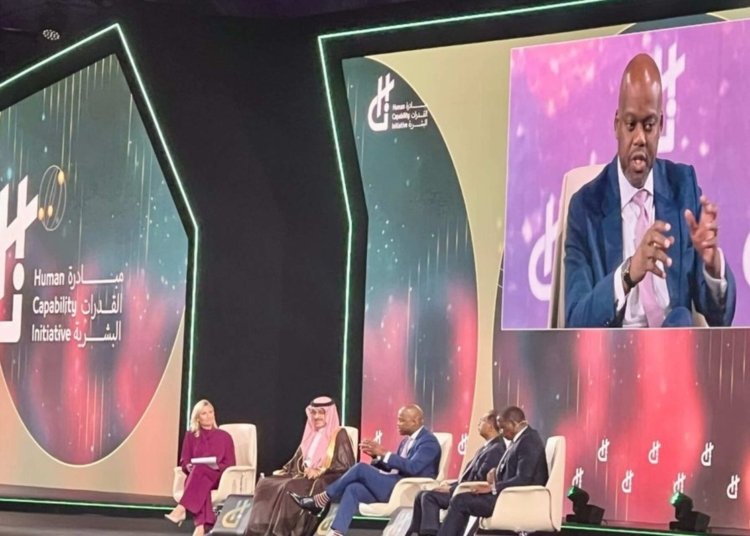RIYADH, Saudi Arabia (BG) – Building a skilled workforce to power the digital economy is critical to Africa’s economic transformation, Wamkele Mene, secretary-general of the African Continental Free Trade Area, said Monday during a ministerial panel at the Human Capability Initiative 2025.
Speaking at a panel titled “Human Capabilities as an Economic Catalyst,” Mene said Africa’s future growth hinges on investing in people, particularly by equipping young populations with the digital skills needed to succeed in a technology-driven economy.
He said the African Continental Free Trade Area (AfCFTA) is working to create a single digital market supported by a skilled, mobile workforce.
The AfCFTA aims to create the largest free trade area in the world by population and seeks to boost intra-African trade by eliminating tariffs and addressing non-tariff barriers.
“Our mandate is to build an integrated knowledge economy, an economy that is based on digitization and digitalization,” Mene said. “This requires a particular set of skills to power and drive that economy.”
He highlighted that Africa’s demographic advantage, with over 60% of its 1.4 billion population under 30, presents a major opportunity. It also demands urgent investment in education and training tailored to a digital future.
Mene noted that the AfCFTA Digital Trade Protocol provides a legal foundation for the continent’s digital economy and includes specific provisions on digital inclusion and skills acquisition.
– Partnerships
He said that partnerships with the private sector and global foundations, such as the Mastercard Foundation and the Gates Foundation, also play a role in building workforce capabilities.
“The private sector has got to be absolutely at the fore of co-training with governments,” Mene said.
Specialized skills will be needed for mobile banking, payments platforms, data sovereignty, artificial intelligence, and other digital economy functionalities, he added.
Mene stressed that by 2050, when Africa is projected to have the world’s youngest workforce, it is essential that the continent’s human capital is fully equipped to meet the demands of the Fourth and Fifth Industrial Revolutions.
“We are addressing Africa’s imperatives for digital inclusion. At the same time, we are building a skills base for this economy,” he said. “We’re creating jobs on the back of innovation. So we are very excited about what the future holds for us.”
Bantu Gazette Reporting from Riyadh
